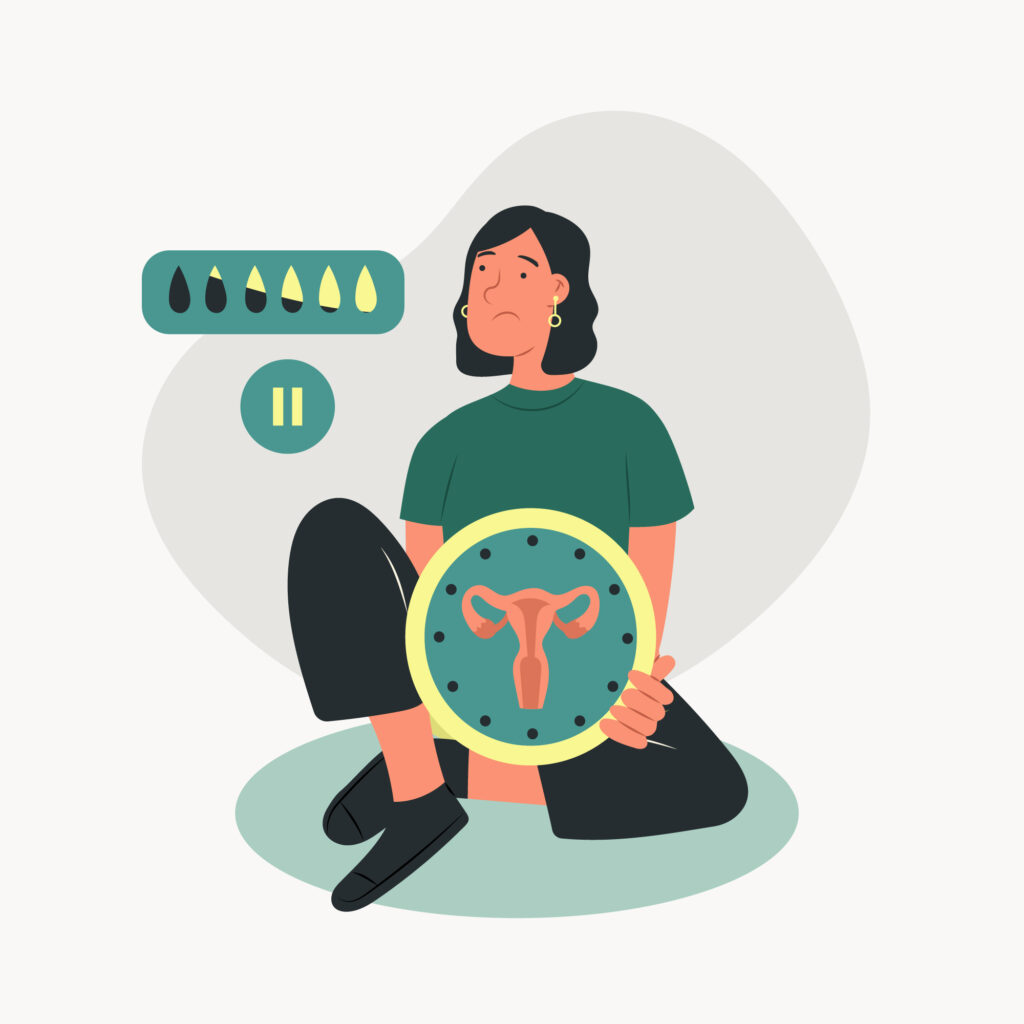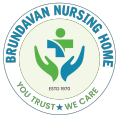Vaginal Infections

Vaginal infections can cause discomfort and disrupt daily life, but with proper diagnosis and treatment, they are often manageable. At Brundavan Nursing Home, we offer comprehensive services to diagnose and treat vaginal infections, promoting vaginal health and overall well-being for our patients.
Diagnostic Evaluation: We begin by conducting a thorough diagnostic evaluation to identify the underlying cause of the vaginal infection. This may involve a medical history review, physical examination, and laboratory tests such as vaginal swabs or cultures to identify the specific microorganisms responsible for the infection. We also consider symptoms reported by the patient, such as abnormal vaginal discharge, itching, burning, or discomfort.
Identification of the Infectious Agent: Based on the diagnostic evaluation, we identify the infectious agent causing the vaginal infection. Common types of vaginal infections include:
- Bacterial Vaginosis (BV): Caused by an overgrowth of bacteria in the vagina, leading to a shift in the vaginal microbiota.
- Yeast Infection (Candidiasis): Caused by an overgrowth of yeast (usually Candida albicans) in the vagina.
- Trichomoniasis: Caused by the protozoan parasite Trichomonas vaginalis, usually transmitted through sexual contact.
- Other Infections: Less common causes of vaginal infections may include sexually transmitted infections (STIs) such as chlamydia, gonorrhea, or herpes simplex virus (HSV).
Treatment: Treatment for vaginal infections depends on the underlying cause. We provide evidence-based treatment options tailored to each patient’s specific diagnosis and medical history. Treatment may involve:
- Antibiotics: For bacterial infections such as BV or certain STIs, antibiotics may be prescribed orally or topically to eliminate the infectious bacteria.
- Antifungal Medications: For yeast infections, antifungal medications such as clotrimazole, miconazole, or fluconazole may be prescribed in the form of vaginal creams, suppositories, or oral tablets to eradicate the yeast overgrowth.
- Antiparasitic Medications: For trichomoniasis, antiparasitic medications such as metronidazole or tinidazole are typically prescribed to eliminate the protozoan parasite.
- Topical Treatments: Depending on the severity of symptoms, topical treatments such as vaginal creams, gels, or suppositories may be recommended to relieve symptoms such as itching, burning, or irritation.
Follow-up Care: We emphasize the importance of follow-up care to monitor treatment effectiveness and ensure resolution of the vaginal infection. Follow-up may involve repeat testing or examinations to confirm eradication of the infectious agent and assess for any recurrence or complications. We provide ongoing support and counseling to address any concerns or questions that may arise during the recovery process.
Preventive Measures: We educate patients about preventive measures to reduce the risk of vaginal infections and promote vaginal health. This may include practicing good hygiene habits, avoiding douching or harsh cleansers, wearing breathable cotton underwear, using condoms during sexual activity to prevent STIs, and maintaining a healthy lifestyle with a balanced diet and regular exercise.
At Brundavan Nursing Home, we are committed to providing compassionate, confidential, and evidence-based care for women with vaginal infections. Our healthcare team works collaboratively to diagnose, treat, and support patients in achieving optimal vaginal health and overall well-being, empowering them to take control of their reproductive health and quality of life.
